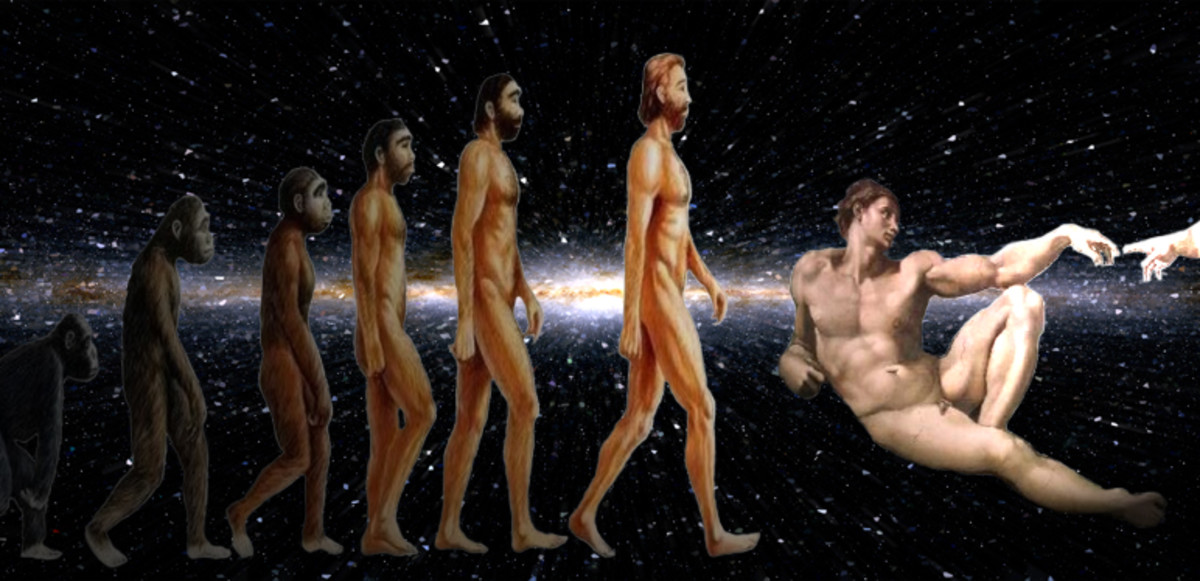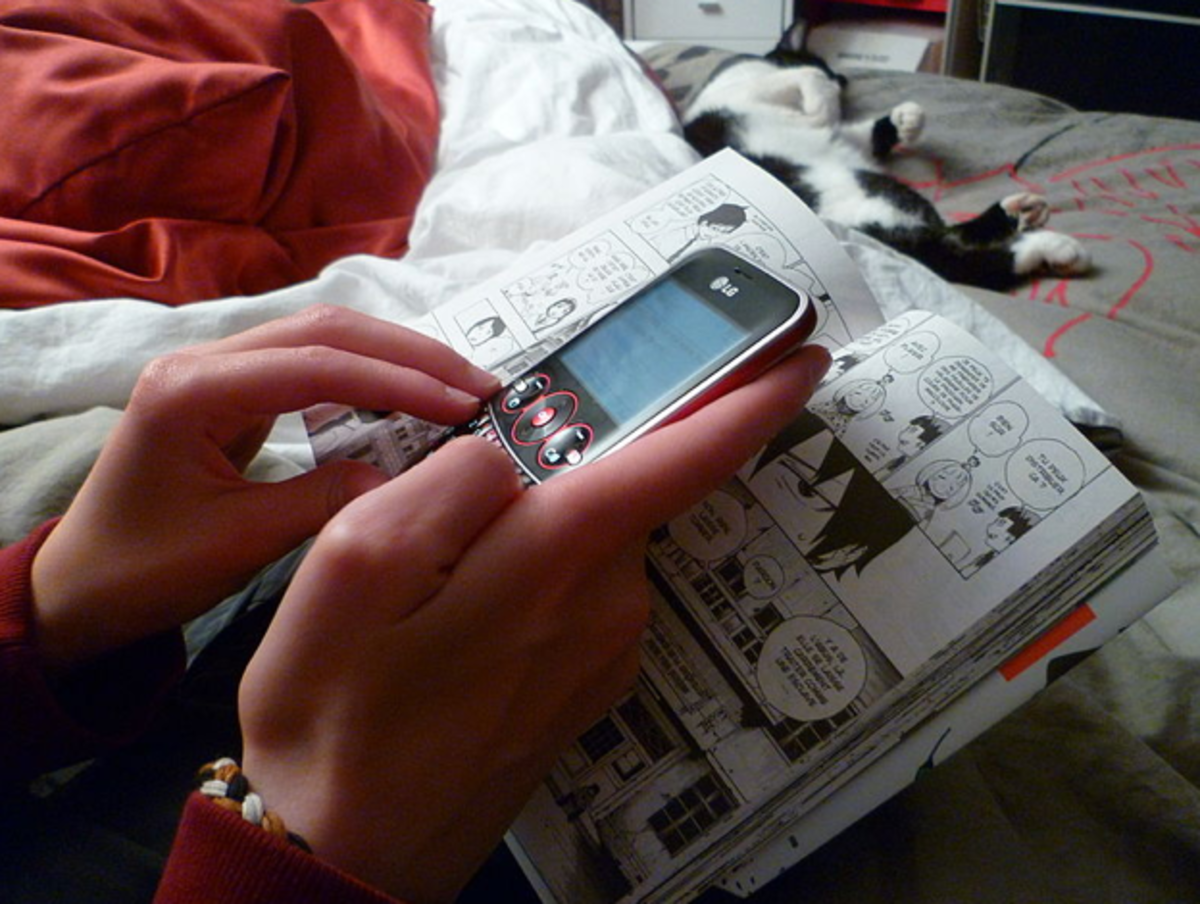Technology’s impact on attention

For many years, it was believed that humans are able to multitask and for many more years, this misunderstanding continued. Today, the most common example of “multitasking” is doing other activities, i.e., eating, doing homework, talking, while simultaneously using technology, such as phones, computer. A Deadly Wandering by Matt Richtel provides insight on a tragic accident that took place on account of a college student driving while texting on his phone. The book explains the science behind multitasking and the influence of technology on people’s ability to pay attention. It breaks down the meaning of multitasking and makes it clear that humans cannot multitask, they are only able to alter their attention from one activity to another very rapidly. Technology influences our ability to pay attention negatively by distracting us from focusing on valuable, important tasks and it impacted Reggie’s ability to drive on the day of the accident by keeping him occupied on his phone instead of allowing him to keep an eye on the road. This essay will mainly focus on technology’s influence on human attention, the cause of reggie’s accident, which will reveal just how affective technology is on the brain and body.
The pace technology evolved over the years is unimaginably extraordinary. In the article “How technology has evolved in the last decade” by Semyon Germanovinch, it states, “Only 20 years ago, personal computers were becoming sufficiently affordable for families to own, but in today’s society it’s not uncommon to spot primary school children with smartphones packed with countless apps which seem to do every single thing imaginable.” two decades ago, people were just starting to buy computers for their home and affordability rate was only beginning to rise, while today no matter poor or rich, almost all children have an electronic device. Earlier times, cooking, calling, mailing, etc, were done by undergoing such hassles. In today’s world, just a tap of one’s finger does a million activities under a minute. Texting has become so common, it’s almost second nature to text while doing something else. The rapid way technology provides and takes information nowadays is unfathomable, doing more harm than good as it makes people addictive.
In addition to technology’s speedy advancement, it’s impact on human attention raises concern for it takes complete control. In the article “The simple truth about technology and human attention spans,” by Kesava Mandiga, there’s a quote from the book The Distracted Mind by Adam Gazzaley and Larry D. Rosen which states, “We have come to believe that the human brain is a master navigator of the river of information that rages steadily all around us. And yet we often feel challenged when trying to fulfill even fairly simple goals. This is the result of interference — both distraction from irrelevant information and interruptions by our attempts to simultaneously pursue multiple goals. Many of you may now be glancing accusingly at your mobile phone. But before we place any blame on this potential culprit, it is critical to understand that our sensitivity to interference was not born out of technology. Rather, it is a fundamental vulnerability of our brain.” The human brain is easily distracted for its always on the lookout for new information and depending on the information it’s getting fed, the affect it will have on the person will be different. For instance, if one is reading about scientific researches and articles on staying motivated, that person will become productive and benefit from the information as opposed to them browsing through YouTube and scrolling down Instagram. Already the brain is so vulnerable where distraction is concerned and to add technology which can access so much at once is surely going to result in disadvantages. Therefore, technology use will most likely influence humans in a disadvantageous way ultimately leading to misfortunes the way it did for Reggie.
Reggie Shaw’s normal day turned into his worse nightmare. In chapter 1 of “A deadly Wandering” by Matt Richtel, he states, “The last day of summer was September 22. The weather was already turning, fast. Just after 6:15 a.m., Reggie climbed into the SUV to head to a job in Logan. Like always, he took his Cingular flip phone.” Reggie was getting into his car to head to his job like he does every day with his cell phone, nothing particularly special about this day. Later in the chapter, it states, “Then he saw the Chevy slip left again, almost lazily drifting from behind the semi. … The Chevy was not returning to its side of the road. It’s left front edge was fully crossed over the line. Still barreling at highway speeds, it closed in on the smaller car coming the other way, the distant narrowing by the instant.” The car was going almost carelessly without acknowledging what side of the road it was on, reaching the other car without even noticing. The Chevy was “almost lazily drifting” meaning that the driver was occupied with something other than driving to pay attention to where they were going, unaware that there could be a possibility of a crash just up ahead. Finally, another quote from the book says, “On impact, he heard a crunching sound, somehow modest, a nose that reminded him more of a fender bender than what this was: a high-speed direct hit.” The driver was driving so carelessly that prior to the crash, they had no idea that this was coming and when they did find the time to look up, it was too late to react fast enough to avoid the collision. Reggie was so busy texting to focus on driving, so of course the accident was inevitable. Technology not only distracted Reggie from watching where he was going, but it also led him to taking two lives which could’ve perhaps been saved if only his need to text while driving was controlled, at least for the moment.
It’s no surprise that technology evolved unthinkably over the years, the fast pace it can deliver information adding to its addictive nature. To make matters worse, it’s only making people more unproductive with new innovations. The human brain is always seeking new information, so for technology to provide that without so much as getting out of the house raises concern. Not only does it give instant information, it also allows for rapid sharing of information, giving humans a sense of connection to the world which makes technology such a key part of life for humans are social beings, always in need of contact. Technology reveals its dark side as it shows the impact it had on Reggie Shaw’s attention the day of the accident. It kept him occupied while he was attempting to drive, controlling his focus, leading to an unavoidable tragedy. It’s safe to say technology plays a big part in distracting and preventing people from performing productive activities, more than likely being malevolent than beneficial. Maybe the driving age should get raised to 21, so that many teenage deaths could be prevented if not all together stopped. Drivers should power turn off their phones when they enter a car, this way a collision on account of distraction will not be the most likely cause of an accident.
© 2018 Fahmida Tafader








